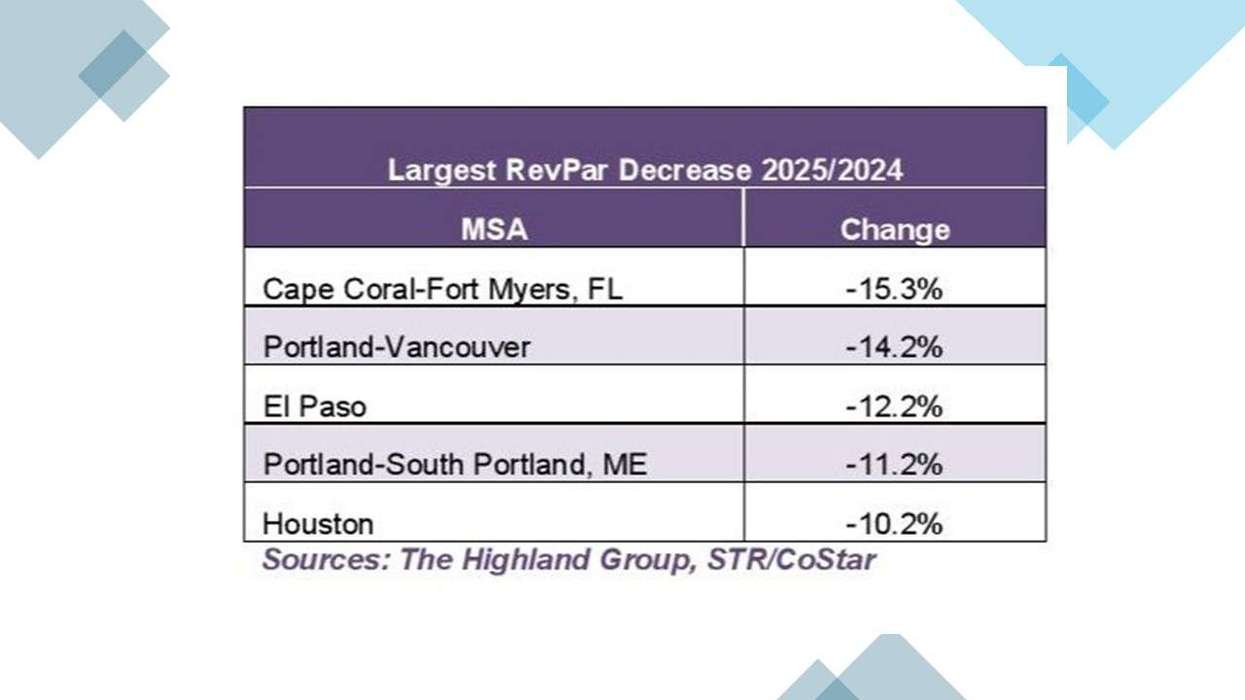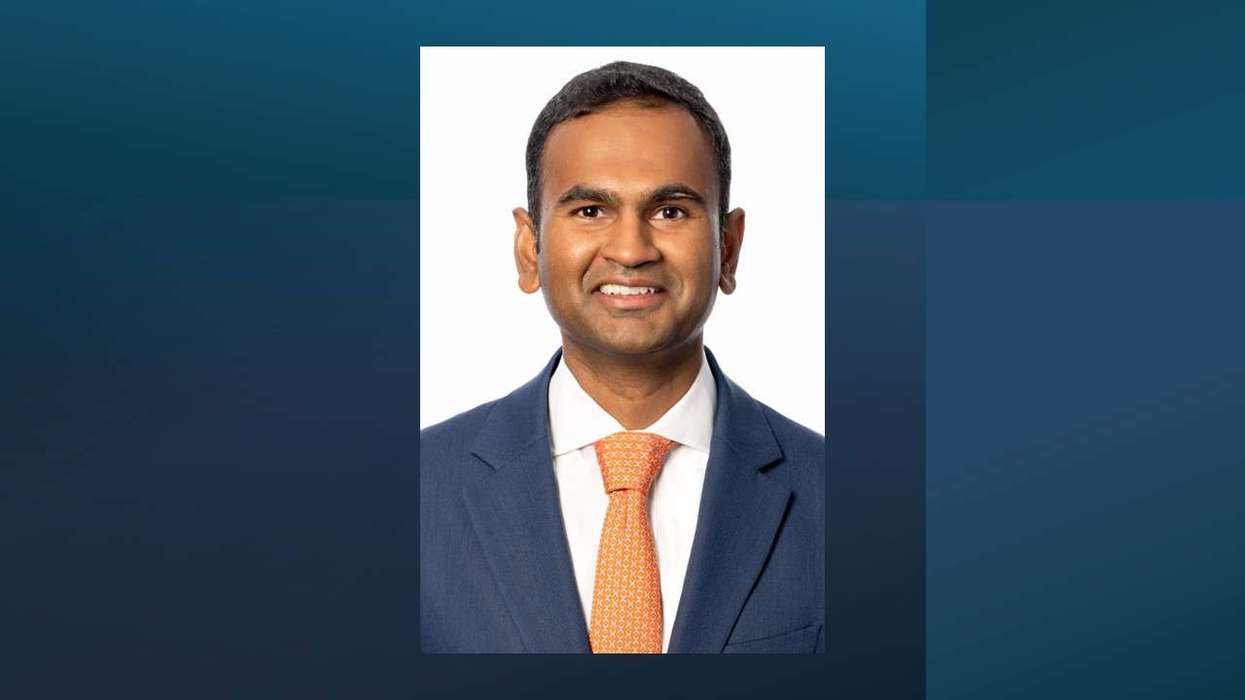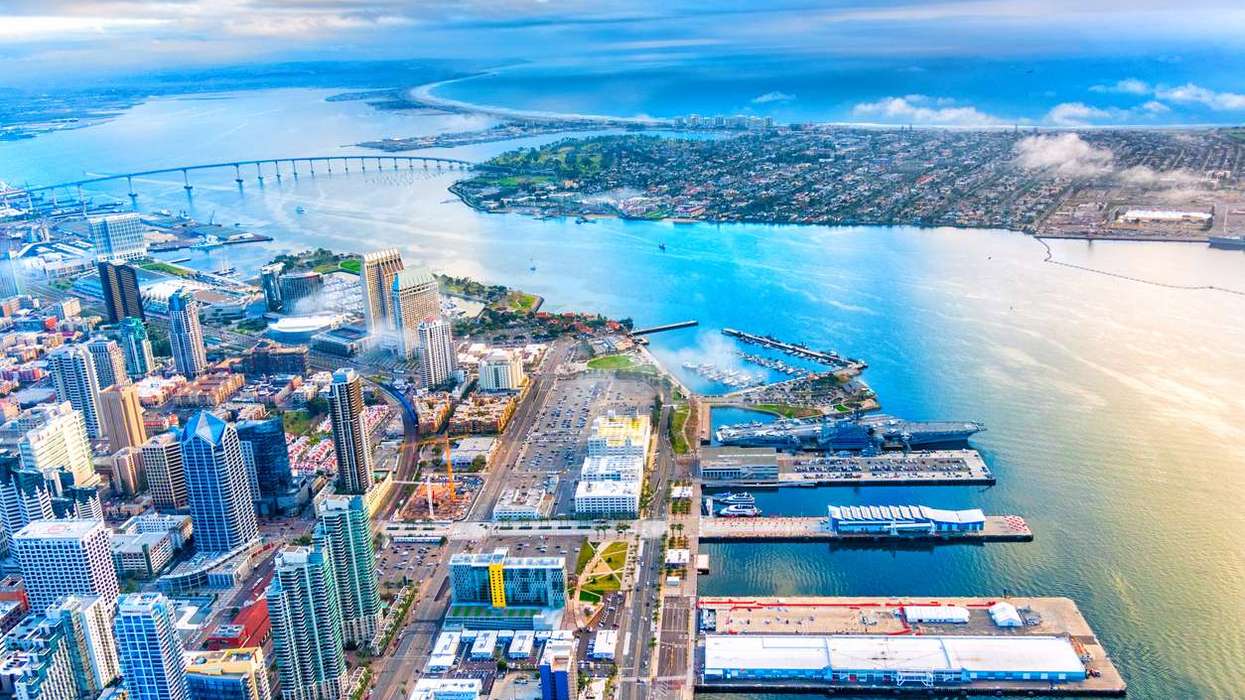AS MANY AS 84 percent of business travelers in the U.S. expect to take at least one trip to attend conferences, conventions or trade shows in the next six months, according to a survey from the U.S. Travel Association. They also expect to resume traveling at a slightly slower pace, about 1.6 trips per month, compared to 1.7 monthly trips pre-pandemic.
The Quarterly Business Travel Tracker by J.D. Power said that less than one in 10 U.S. business travelers are uncertain if they would travel in the next six months. Meetings and events are not occurring and corporate policies restricting business travel are listed as reasons behind this.
USTA forecasts that business travel spending was still down 60 percent from pre-pandemic levels in 2021. However, the latest data shows a clear shift in American business travelers’ desire to return to in-person meetings.
“The return of in-person meetings and events—and business travel in general—is a welcome sight after more than two years of pandemic-related uncertainty,” said Roger Dow, USTA president and CEO. “There is simply no substitute for a face-to-face meeting, which is proven to lead to more fruitful business opportunities and can help power an economic and jobs recovery in communities across America.”
Sponsored by USTA and the Meetings Mean Business Coalition, Global Meetings Industry Day on April 7 had a particular significance this year as the meeting and events industry moves beyond the pandemic-era trends of virtual and hybrid meetings and returns to live, in-person events.
“While the data indicates a strong desire from American business travelers to hit the road again, there is a big difference between willingness to travel and actually taking a trip,” said Dow. “Corporate leaders should seize the competitive advantage, budget for business travel, and encourage their teams to get back on the road and reestablish those personal connections that only come with face-to-face interactions.”
According to the Business Travel Index, business travel activity slowed somewhat in the first quarter of 2022, business conditions for travel such as GDP and business investment are quite favorable, reaching an index of 105 for the second quarter of this year.
“In-person conferences have relational and financial impacts to corporations that are significant,” said Andrea Stokes, practice lead for hospitality at J.D. Power. “Nearly half of survey respondents indicated that conferences, conventions, and trade shows are critical to developing relationships with customers, suppliers or others. Nearly one in four respondents indicated these events are critical to closing sales.”
Recently, the USTA urged the federal government to replace pandemic-era restrictions with endemic-focused policies to enable full and free travel.





